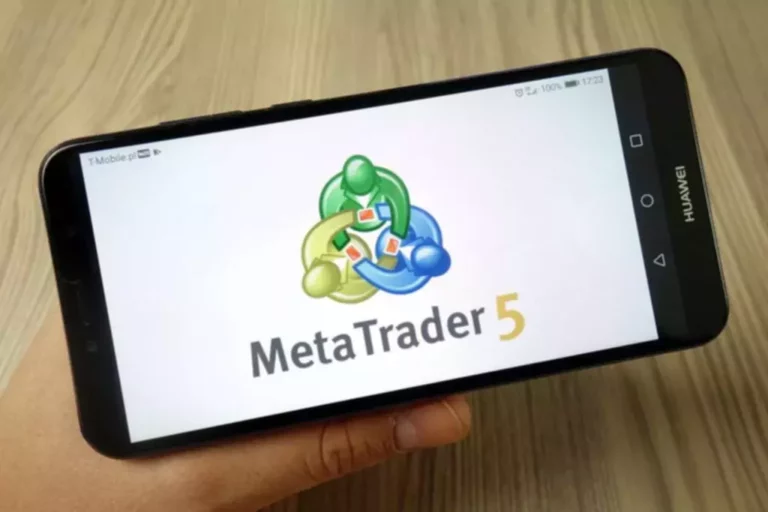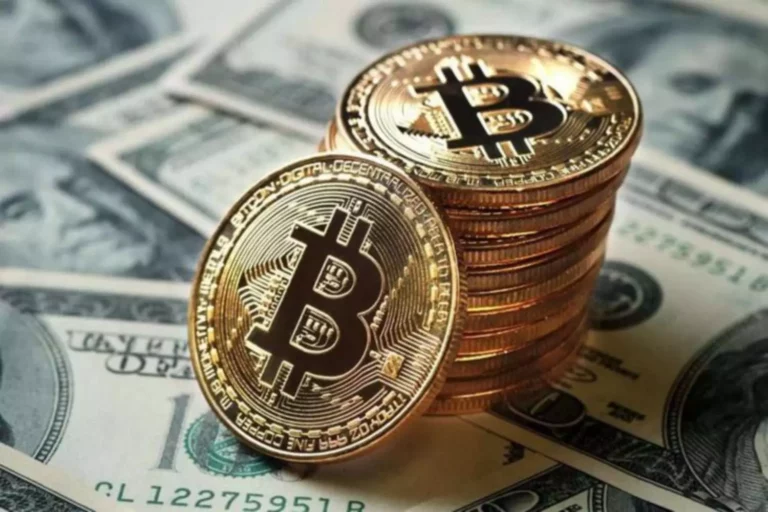Content
Market makers operate and compete with each other to attract the business of investors by setting the most competitive bid and ask offers. In some cases, exchanges may have designated market makers (or specialists), each of whom is responsible for making a market in specific securities. The specialist process exists to ensure that all marketable trades are executed at a fair price in a timely manner. However, according to the SEC, brokerages have a fiduciary duty to offer investors the best possible price. Brokerages https://www.xcritical.com/ and market makers have pre-existing contracts in place, whereby market makers pay brokerages a commission for sending their trade orders to them, instead of the exchanges.
Where is payment for order flow banned?
Steven previously served as an Editor pfof meaning for Finance Magnates, where he authored over 1,000 published articles about the online finance industry. Steven is an active fintech and crypto industry researcher and advises blockchain companies at the board level. Over the past 20 years, Steven has held numerous positions within the international forex markets, from writing to consulting to serving as a registered commodity futures representative.
Importance of PFOF to Robinhood

Members of the Public.com community can opt to leave a tip to help pay for the cost of trade execution. Securities and Exchange Commission (SEC) requires broker-dealers to disclose their PFOF practice in an attempt to ensure investor confidence. The standards for what a broker must do for their clients would ratchet up. Brokers-dealers would have to perform reasonable diligence to find the best market for securities and the most favorable terms for their clients. The practice is perfectly legal if both parties to a PFOF transaction execute the best possible trade for the client. Legally, this means providing a price no worse than the National Best Bid and Offer (NBBO).
What Is Payment for Order Flow (PFOF)?
Market makers make money from PFOF by attempting to pocket the difference between the bid-ask spread. This means that while investors might see some price improvement on the ask price, they may not get the best possible price. Below, we explain this practice and the effects it can have on novice and experienced investors alike. London is home to one of the largest stock exchange groups in Europe. The London Stock Exchange (LSE) is part of the London Stock Exchange Group.

In the Good Model, market makers can get a good deal on a stock and it ends up being a good deal for all involved parties. But with the Bad Model, the market makers dont get investors the best deal but get a somewhat okay deal. Its because of this later model that investors are taking a harder look at PFOF rather than taking it at face value and questioning whether it presents a price improvement or is a conflict of interest. When a brokerage receives a stock market order, they manage the deal through a clearing firm, which routes orders.
This simply means that if a market maker can fill your order inside the best bid and offer (NBBO), they will do so and pass the savings on to you. The broker receives the order and routes it to a market maker, who offers to sell it at $99.00 but first buys it for $98.90 and keeps the $0.10 difference. It might not seem like a lot, but market makers execute many trades a day, so those cents add up. Payment for order flow (PFOF)is compensation that broker-dealers receive in exchange for placing trades with market makers and electronic communication networks, which aim to execute trades for a slight profit.
The broker, in turn, routes this order to a market maker in exchange for compensation. The market maker then executes the order, aiming to profit from the spread or other trading strategies. Interactive Brokers (IBKR) is a top choice for professional traders due to an account type specially developed for the task of optimal order execution.
Defenders of PFOF say that mom-and-pop investors benefit from the practice through enhanced liquidity, the ability to get trades done. They also point to data that shows customers enjoy better prices than they would have on public stock exchanges. But perhaps the biggest gain for retail investors is the commission-free trading that is now a mainstay in today’s equity markets. New investors are flowing into the stock market in record numbers, fueled by online trading apps that offer commission free trading, borrowing on margin, and options trading.
- Changes in the complexity of trades involving equity, options, and cryptocurrency have come about as exchanges and electronic communication networks have proliferated.
- Together with Robinhood, these four institutions earned a collective $2.5 billion on PFOF in 2020.
- Treasury Accounts.Investing services in treasury accounts offering 6 month US Treasury Bills on the Public platform are through Jiko Securities, Inc. (“JSI”), a registered broker-dealer and member of FINRA & SIPC.
- In their disclosures, they acknowledge that they can internalize orders, meaning trade against their own customer orders.
- Payment for order flow is compensation received by a brokerage firm for routing retail buy and sell orders to a specific market maker, who takes the other side of the order.
More specifically, if the online broker receives rebates from the exchanges they route their customer options traders to (which they all do), then they are profiting from their customer order flow. Our take is that yes, it is, but technically speaking, it’s debatable. PFOF comes out of the tiny profits trading venues make between the bids and the offers for stocks. It might be as low as a few pennies per trade, but that can add up quickly to millions of dollars a year for brokers routing thousands of trades a day. PFOF is a hot topic because, in theory at least, brokers should be trying to execute your orders at the best prices they can get you instead of routing them to the market center that might pay the most.
Afterward, the market maker either carries out the transaction themselves or forwards the order to another venue, such as a stock exchange. For investors who trade stocks regularly, the conflict among zero commissions, PFOF, and best order execution can be hard to quantify. There is conflicting research as to whether PFOF actually improves order execution quality or not. As of 2005, PFOF became more regulated by the SEC when it started requiring disclosures from brokerage firms. Today, when you open an account, your broker must tell you if it engages in this practice.
But in the PFOF model, the market maker will pay the broker to handle these trades. There are multiple risks that stem from PFOF in addition to these market makers taking the other side of your trade. For one, the prevalence of PFOF arrangements has moved a lot of the trading volume off of the public exchanges. Instead of routing customer orders to an exchange, a broker may use a market maker. As the name implies, a market maker will make a market for certain financial instruments.
We recommend that you review the privacy policy of the site you are entering. SoFi does not guarantee or endorse the products, information or recommendations provided in any third party website. But for most of the top retail brokers in the U.S., another revenue source is payment for order flow (PFOF).
Market makers facilitate a smooth flow of market activity by making it easier for investors and traders to buy and sell. Without market makers, there could be insufficient transactions and fewer opportunities to invest efficiently. Previously referred to as specialists, DMMs are essentially lone market makers with a monopoly on the order flow of a particular security or securities. Because the NYSE is an auction market, bids and asks are competitively forwarded by investors. The term „market maker“ refers to a firm or individual who actively quotes both sides of a market in a particular security by providing bids and offers (known as asks) along with the market size of each. “I asked staff to take a holistic, crossmarket view of how we could update our rules and drive greater efficiencies in our equity markets, particularly for retail investors,” he stated.
If you wanted to trade stocks before 2013, you would have had to pay commissions to a brokerage firm. Fast forward to today, and nearly every major brokerage firm on Wall Street offers commission-free trading. Nevertheless, brokers have a strong incentive to encourage more options trading, especially in a zero-commission trading environment. According to a 2022 study, which is in line with similar reporting and studies, about 65% of the total PFOF received by brokers in the period studied came from options. Just 5% of revenue was from S&P 500 stocks, with the other 30% being non-S&P 500 equities.